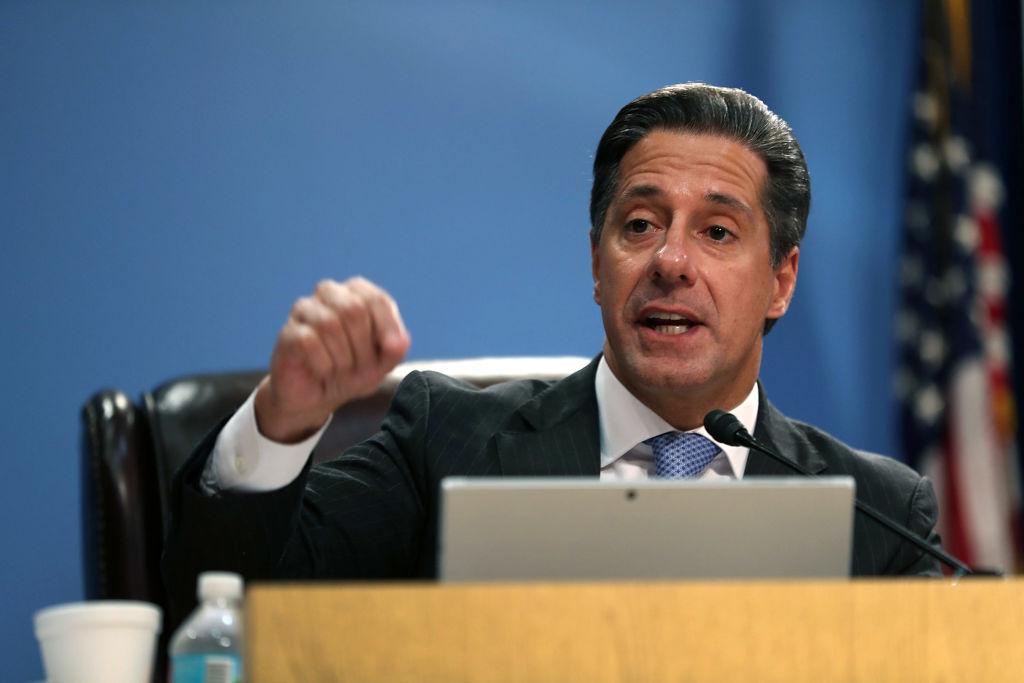LOS ANGELES—Los Angeles Unified School District’s (LAUSD) new superintendent, Alberto Carvalho, said he will prioritize academic recovery for students, outlining his short-term plans on Feb. 24 to close learning gaps caused by the COVID-19 pandemic.
To help LA students catch up with their education, Carvalho—who previously served as superintendent of Florida’s largest school district for 13 years—released a “100-Day Plan,” which includes shifting some of the district’s focus and funds from pandemic safety measures to academic performance.





